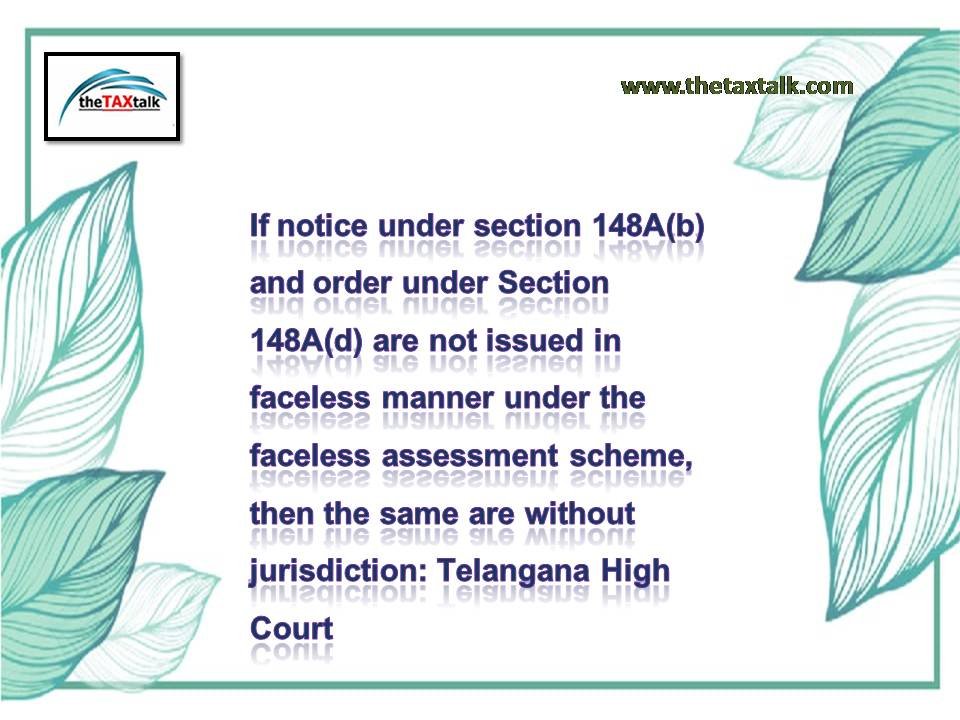![]()
The State Tax Officer cannot block ITC Ledger even when State has issued Notification to empower the authorities with the power for the same: Bombay HC
Here is a landmark Decision by Bombay High Court in the case of M/s Guru Storage Batteries vs The State of Maharashtra [Citation: Writ Petition 5645 of 2022] regarding the power of State tax officers as ITC Ledger was blocked by Officers. Decisions will generate more confidence among taxpayers and will provide more ease of comfort and confidence. It will be a precedent that can be referenced in future similar disputes, strengthening the legal stance of other entities facing similar situations.
Let us have a short overview of the case:
- State Tax Officer Kamptee blocked the Electronic Credit Ledger of M/s Guru Storage Batteries.
- The addition was challenged before the Bombay High Court.
3. The blockage was done under Rule 86A of the CGST Rules which provides for blocking of the electronic credit ledger. The rule provides that blockage can only be done by the Commissioner or an officer authorized by him, provided that this officer is not below the rank of an Assistant Commissioner.
- The petitioner’s counsel argued that respondent (STO) who blocked the ECL, does not fit this rank requirement.
- The Department argued that as per Notification dated 24/01/2020 (State GST) the Commissioner delegated power to STO.
- The Petitioner argued that this Notification pertains to State GST Rules and not CGST Rules.
- Petitioner further argued that the action of blocking the ECL by respondent STO is not at all legally justifiable.Thus, the blocking action was quashed (nullified), and the ECL should be unblocked.
- Hon’ble High Court observed that the need for strictly adhering to the provisions of Rule 86A of the Central Goods and Services Tax Rules, 2017.It further observed that only the Commissioner or officers authorized by him, not below the rank of Assistant Commissioner, can block the Electronic Credit Ledger (ECL).
- Hon’ble High Court further moves on regarding the invalid Delegation of Power by stating that mere notification under the State GST Act does not suffice as a valid delegation for blocking the ECL under Rule 86A.
The decision very vehemently emphasizes the importance of adhering to the set procedures and rules, ensuring that authorities act within their designated powers, promoting transparency and good governance. The present ruling ensures that taxpayers’ rights are protected and they are not subjected to arbitrary blockages of their ECL. Undeniably, the judgment provides a clear-cut understanding of who can and cannot block the ECL, ensuring that businesses are protected from arbitrary decisions by lower-ranking officials.



